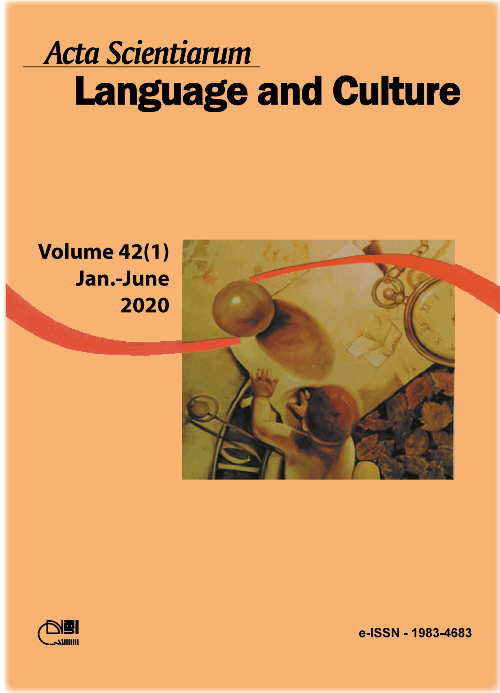Murakami on the Shore: beyond the dialogue between Japan and the West
Abstract
The novel Kafka on the Shore is one of the most enigmatic works of contemporary writer Haruki Murakami. Since its very release, critics and scholars have been sharing their impressions and interpretations on various aspects of the book, one of them being the abundant references to Western elements (myths, songs, writers, icons and so forth). The present paper is the final draft of the postdoctoral research ‘Murakami on the shore: the dialogue with the West in the construction of the novel’, developed from July 2015 to June 2016. It aims at rethinking (as well as questioning) the way the study of the relation between Japan and the West can be addressed in the novel. The research, conducted as a bibliographical investigation, used key concepts like cultural identity (Hall, 2006) and border-blurring (Auestad, 2008). It defies the tendency of studying cosmopolitan authors like Haruki Murakami from the perspective of East-West duality, and defends that such analysis ought to consider East and West as complementary, almost inextricable, not regarding them as opposite or impermeable, and never as a limitation to the author himself.
Downloads
Metrics
DECLARATION OF ORIGINALITY AND COPYRIGHTS
I Declare that current article is original and has not been submitted for publication, in part or in whole, to any other national or international journal.
The copyrights belong exclusively to the authors. Published content is licensed under Creative Commons Attribution 4.0 (CC BY 4.0) guidelines, which allows sharing (copy and distribution of the material in any medium or format) and adaptation (remix, transform, and build upon the material) for any purpose, even commercially, under the terms of attribution.
Read this link for further information on how to use CC BY 4.0 properly.




















6.png)









